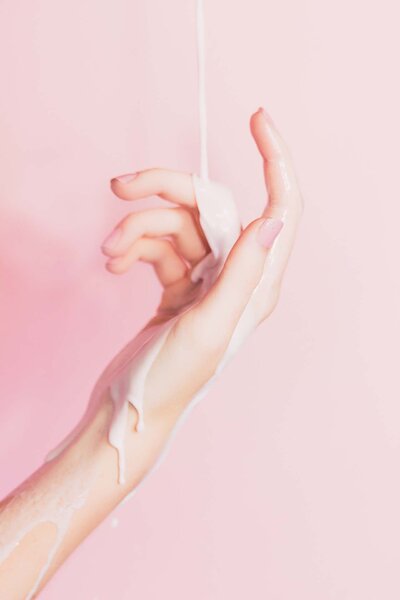From billboards to television commercials, a call for whitening or brightening the skin appears to be everywhere. Should you consider either or both? Are they safe? How do you do them? With all these questions in mind, we sought the knowledge of an expert. In a conversation with Dr. Teo Wan Lin, an accredited dermatologist and the founder of DR.TWL Dermaceuticals — a dermatologist-formulated cosmeceutical line available on the Asian market — we tried to get to the bottom of the debate: should you try whitening or brightening?

Dr. Teo Wan Lin is a prominent researcher in the area of cosmeceutical skincare. She is the author of "Skincare Bible — Dermatologist's Tips for Cosmeceutical Skincare," which was published in July 2019.
Whitening vs Brightening
Before diving into a set of treatments or topicals, it’s important to first know the difference between the two. Brightening, according to Dr. Teo, is “an overall increase in skin radiance and luminescence.” Meanwhile, whitening refers to a more targeted way of removing pigment itself.
The ways to achieve the two are also different. You can use products and topicals with active ingredients — think Vitamin C and oligopeptides — such as cosmeceuticals if your goal is brightening, but you can only use prescription medication — hydroquinone and retinoids — first when it comes to whitening.

Whitening and brightening are two different things, says Dr. Teo.
Do you really need to lighten it?
Before you embark on a new skincare regimen, Dr. Teo emphasises the need to see a dermatologist first. “What may look like a normal pigmentation to laypeople might actually be something more serious, which only a dermatologist trained to pick up can identify,” she says.
Can long-lasting effects be achieved for both?
“There is no easy answer,” says Dr. Teo. While prescription medications can provide quicker results, you really can’t use them for life because there are always side effects. After three months, you can move on to cosmeceuticals with active ingredients, such as the MoistureMax Skin Healing Polysaccharide Facial Mask, to ensure that you see the results you’re looking for. No matter what route you take, however, Dr. Teo maintains the most important thing is you use medical-grade sunscreen. “It’s the cornerstone of prevention and maintaining the results that you’ve already achieved with any treatment. If sun protection is not used, then the problem is very likely to recur,” she emphasises.

Start with a prescription, then follow up with cosmeceuticals when it comes to brightening.
Should you think twice about these goals?
The popularity of whitening products, according to Dr. Teo, seems to be stemmed from the Asian definition of beauty, which includes having very fair skin. “But my standpoint is if you do have hyperpigmented spots, there are ways to treat them medically,” she says. “If you are looking for a topical that can lighten the skin, I feel that it is actually not sustainable because we are all born with a certain amount of pigment in our skin, and this is protective.” Instead of trying to change your skin tone, Dr. Teo advises embracing the colour you have and focus on making it radiant by wearing colours that complement your skin tone, getting started on a good cosmeceutical regimen, and wearing sunscreen.
Want to achieve glass skin? Here's what Dr. Teo says you should do.
Comments, questions or feedback? Email us at [email protected].


_SPF_50_Cover.jpg)





